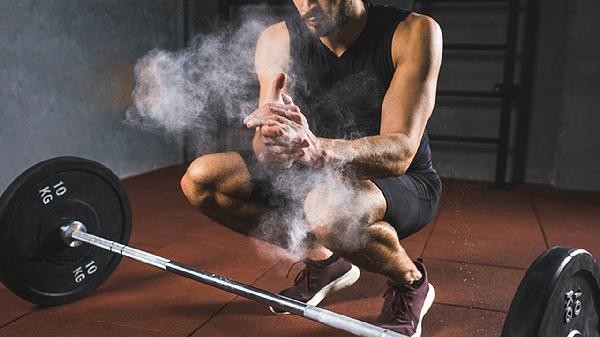Eating small amounts during exercise is acceptable, but it is necessary to choose easily digestible and low glycemic index foods. Eating before exercise helps maintain stable blood sugar levels, supplementing with small amounts during exercise can prevent hypoglycemia, and timely nutrition supplementation after exercise can promote recovery. Eating in moderation 1-2 hours before exercise can provide sustained energy and avoid physical exhaustion during training. Suitable for choosing low glycemic index carbohydrates such as whole wheat bread, bananas, oatmeal, etc., paired with a small amount of nuts or yogurt. This type of food has a moderate digestion rate, which can not only avoid stomach discomfort during training, but also continuously release energy to support exercise performance. It is necessary to control the amount of food intake within 200 calories, as overeating may cause stomach bloating during training. If you experience symptoms of low blood sugar such as dizziness and fatigue during high-intensity training, you can immediately supplement with fast carbohydrates and electrolytes. Sports drinks, energy gels, or raisins can be absorbed within 30 seconds, quickly relieving symptoms. However, it should be noted that supplementation is only necessary when high-intensity continuous exercise exceeds 1 hour or when there is a significant hypoglycemic reaction. Ordinary fitness enthusiasts can complete strength training within 60 minutes without having to eat halfway and relying on their own glycogen reserves.

Diet during fitness should be flexibly adjusted according to exercise intensity, duration, and personal physique. It is recommended to follow the principle of small meals and frequent meals, avoiding excessive eating for 2 hours before and after training, and choosing easily digestible and nutrient dense foods. Timely supplementation of protein and carbohydrates within 30 minutes after exercise can help with muscle repair and glycogen supplementation. Long term fitness enthusiasts can consult nutritionists to develop personalized dietary plans that scientifically match nutrient intake with training cycles.









Comments (0)
Leave a Comment
No comments yet
Be the first to share your thoughts!